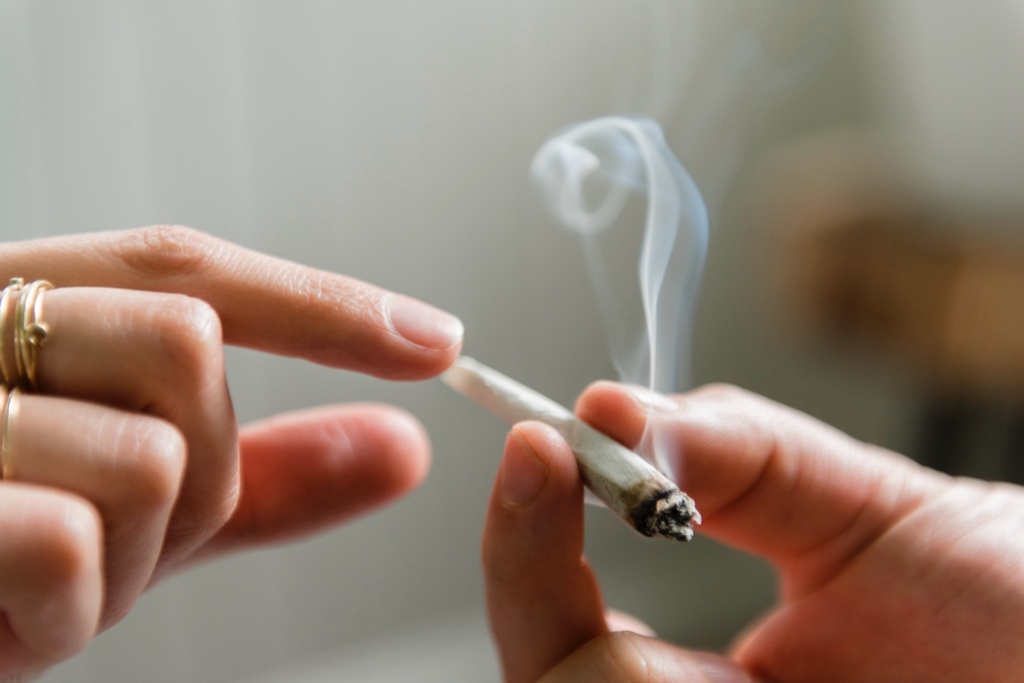Weed reform has surprising impact on drug use

You might automatically assume that cannabis legalization would lead to more cannabis or drug use, but new research shows that may not be the case.
A peer-reviewed study from Switzerland found that legal recreational cannabis access may decrease cannabis use and cannabis-related harms, especially among those who are also using other drugs.
RELATED: The feds are contradicting themselves on cannabis – why it matters
This controlled trial, which was partially funded by the canton of Basel-Stadt in Switzerland, randomized 378 adult cannabis users into two groups: one with access to public health-oriented recreational cannabis access in pharmacies, and the other as the illegal market control group. While Switzerland bans recreational sales of cannabis, Basel received a federal waiver, allowing 189 of the study participants to buy cannabis legally from pharmacies.
The design was intended to mirror real-world purchasing, but it does exclude some aspects of modern commercial markets, like marketing tactics or high-potency products. Also, not only was every legal purchase registered, but brief counseling was offered during every purchase, similar to Canada’s public-health model of keeping over-the-counter talk focused on low-risk uses.
The study found that in the legal cannabis group, participants’ self-reported cannabis misuse declined over a six-month period. Even more, the study found that users in the legal group that also used other drugs had reduced cannabis misuse compared to those without other substance use, suggesting that legalizing cannabis may benefit those on other stimulants even more.
RELATED: Cannabis legalization has an unexpected benefit
Also, the study did not find any evidence that legalizing marijuana affected the severity of cannabis misuse or mental health outcomes. The findings also did not indicate any increase in alcohol or other drug use within the legal group, challenging the idea that legalizing marijuana will push people toward wider intoxication.
“Our results indicate that public health-oriented [recreational cannabis laws] could be an effective policy model to make cannabis safer without increasing cannabis use and cannabis-related harms,” the study authors wrote in the paper.
The study authors acknowledge that one limitation of this study is that it was assessed over a six-month period, which critics state may be too short to see any significant changes. To address this concern, the researchers are currently extending this trial to a two-year period to track long-term patterns.